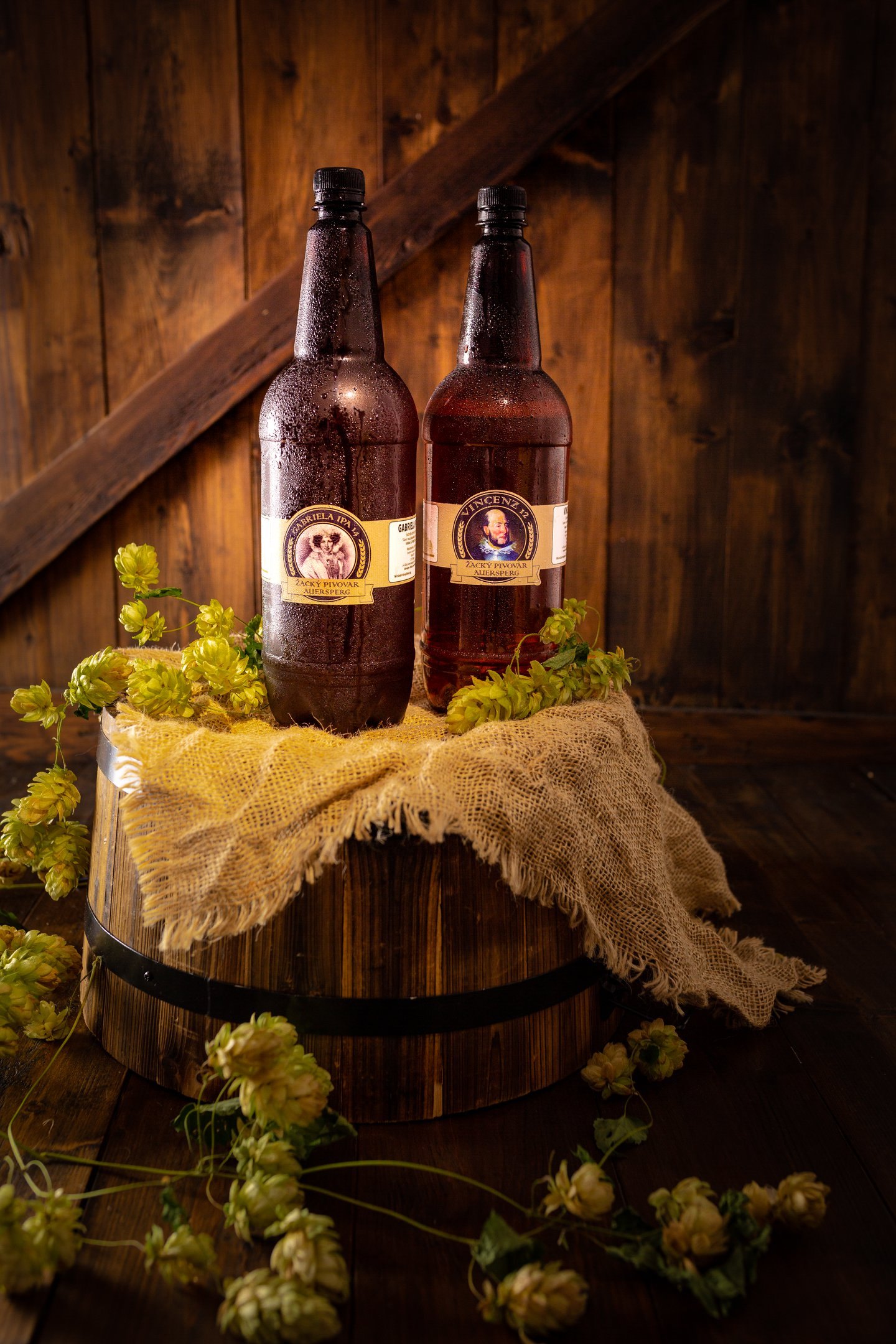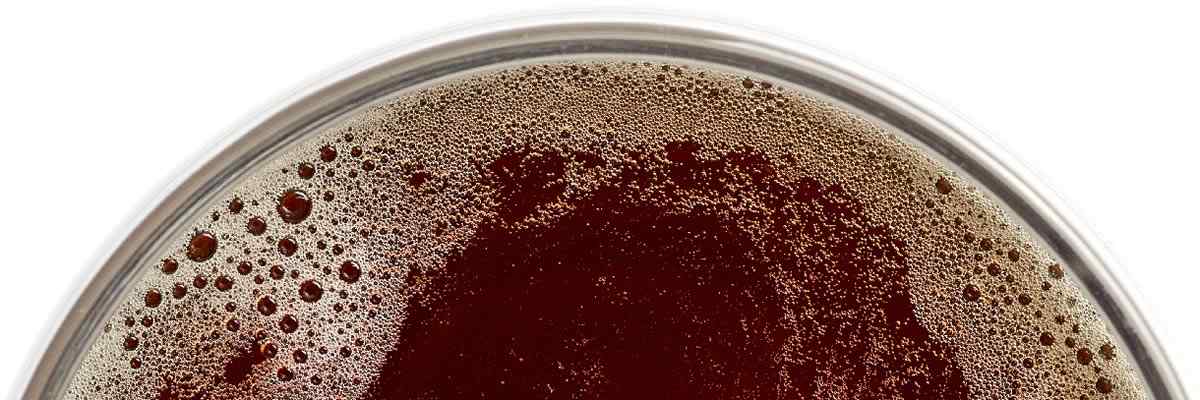Live beer – this is generally the presence of noble yeast left over from the brewing process. Beers that have not been pasteurized and filtered, with a significant amount of live yeast, are called live beers. Usually these are beers crafted in small breweries. Fresh, well-brewed beer that has traveled only a small number of kilometers will always be better than the equivalent beer that left the brewery a few months ago, underwent pasteurization and filtration, and lost essential health benefits.Most draught beers that traveled a long distance are now pasteurized, leaving no important live yeast.This is because the pasteurized import of the beer keg lasts longer.Unpasteurized beers are prone to storage and their shelf life is given as 30 days, although we know that with good storage they last a little longer. Some bars still hold a few taps for local craft beers and provide quality and fresh beer for their guests. The difference between unfiltered beers and filtered beers is mostly in appearance and in a certain degree of taste. When brewing beer, you basically have 3 things that can be left in the beer after it is brewed: yeast residues, proteins and hop particles. In the home brewery, the brewer's yeast remains in the beer to allow the beer to be modified and CO2 to be formed in the bottle. In commercially available beer, the product is usually filtered, saturated with force and bottled. Studies conducted suggest that moderate beer consumption may have real health benefits.These benefits are increased by the consumption of unfiltered unpasteurized beers, produced naturally, by craft production. What's the healthiest thing about craft beer? 1) Craft beer is heart-friendly – moderate consumption of craft beer is associated with lower cardiovascular risk. Antioxidants are important for heart health. 2) Even the brain appreciates the health of beer – researchers in Boston have found that drinking beer can boost brain health. Scientists believe that this is due to the fact that alcohol has the ability to thin the blood, thereby helping to prevent the formation of blood clots.However, beware of excessive drinking, which can cause brain atrophy. 3) Craft beer is full of B vitamins, so drinking artisan unpasteurized, unfiltered beer can help improve your mental health. Reduces anxiety and depression. Drink beers that contain enough nutrients such as protein, vitamin B, iron, niacin, riboflavin and magnesium. Most unpasteurized and unfiltered beers already contain these ingredients. 4) Unfiltered unpasteurized beer is an enzymatic beverage. Unfiltered unpasteurized beer can now be ordered online when picked up the next day, all important ingredients and live yeast will be preserved.Beer is sent, for example, by the Auersperg Žacký Brewery. https://www.pivovarauersperg.cz/ Recent research on live beers suggests that unfiltered and unpasteurized beer could help prevent Alzheimer's disease. The disease, which affects nearly 500,000 people in the UK, is linked to high levels of aluminium, but the silicon in beer can compensate for this damage.A 2008 study published in the journal Food and Chemical Toxicology found that silicon was able to reduce aluminum intake in the digestive tract and slow the accumulation of metal in the body and brain tissue. But beware: University College London also warned in a study that men who drink more than two pints of beer a day could suffer from memory loss. 😊
Unpasteurized, unfiltered beers have more health benefits

07
Lis

